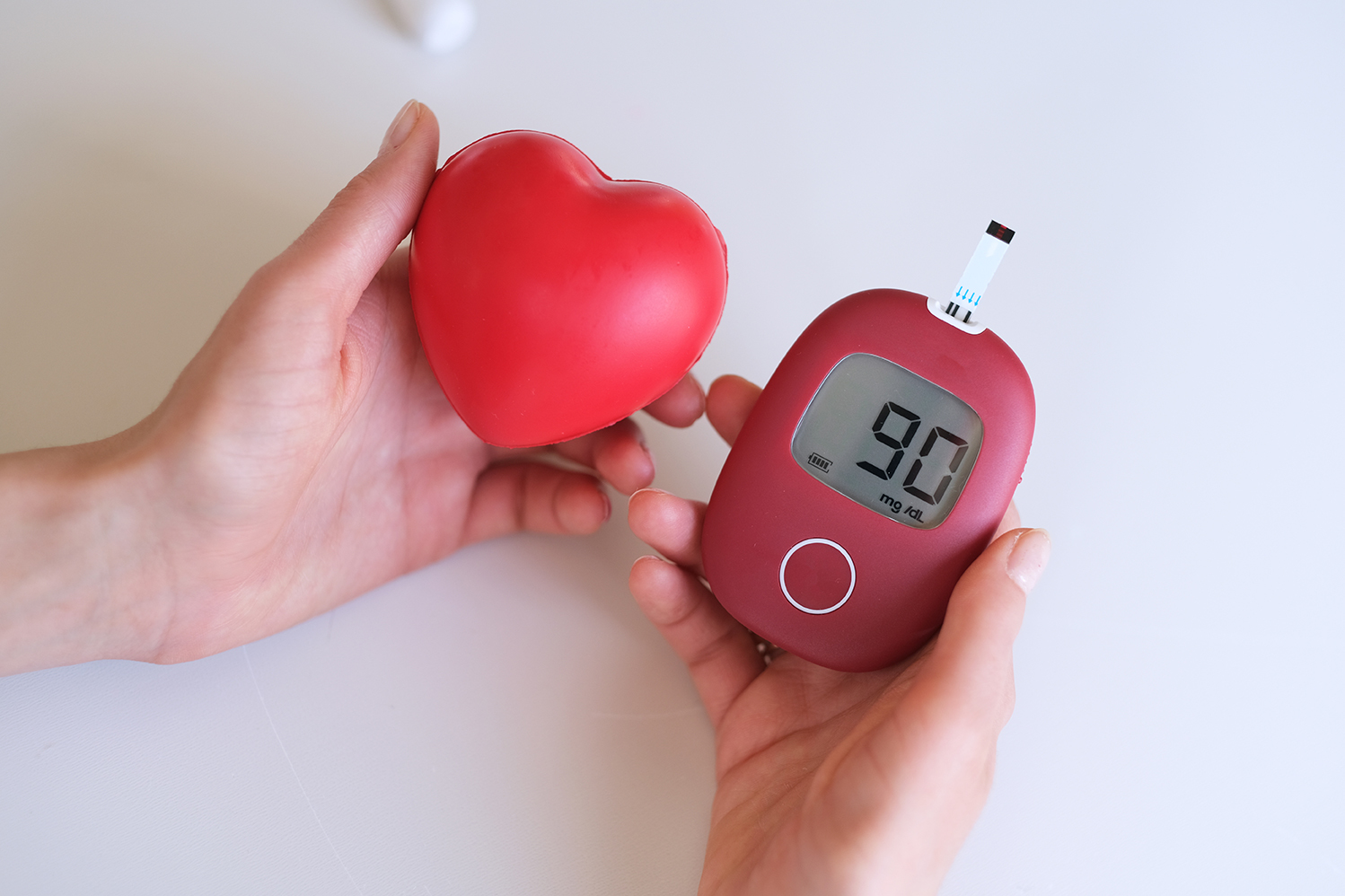Diabetes and heart disease go hand-in-hand. Diabetic persons are at much greater risk to having heart attacks, high blood pressure, and strokes. People who have diabetes have often much higher blood sugar level that can cause damage to many parts of the body including the blood vessels. Vascular problems due to diabetes may also include poor circulation to the legs and feet, unfortunately these problems can go undetected and can start early in life.
Risks of getting diabetes and heart disease can start before the age of thirty. Two most common types of diabetes are type 1 and type 2. Type 1 diabetes also called insulin-dependent diabetes mellitus is an autoimmune disease where the body’s immune system attacks the pancreas’ cells that produce insulin, resulting in low amount of insulin or no insulin at all. Type 2 diabetes or non-insulin dependent diabetes mellitus is the outcome of the body’s inability to produce enough insulin or no insulin at all.
The American Diabetes Association (ADA) recommends early diagnosis, treatment and management of risk factors.
Diabetes and heart disease sufferers experience changes in the blood vessels where the linings of the blood vessels may become thicker making it more difficult for the flow of blood through the vessels. Blood vessels in other parts of the body can also be damaged due to diabetes that can lead to kidney problems, eye problems, and poor circulation to the legs and feet.
Diabetes and heart disease rates in adults are two to four times higher than adults without diabetes. The risk of stroke is also two to four times higher for diabetic people. Seventy- three percent of diabetic adults also has high blood pressure and has heart attacks at an earlier age.
The most common symptoms of heart disease may include chest pain, shortness of breath, irregular heartbeat, and swollen ankles. However, every person may experience symptoms differently. These symptoms may also resemble other medical conditions and so it is always advisable to seek the help of a physician for diagnosis.
Heart disease may still occur to a person taking proper self-care. The physician will determine specific treatment of the heart disease according to age, medical history and overall health of the person. It will also be based on the extent of the disease and the tolerance for specific medications, procedure or therapies.
When risk factors for a person with diabetes are eliminated or reduced, the risk for heart disease may also be reduced. Taking care of ones health and controlling blood sugar can often slow down or avoid the onset of complications for diabetes and heart disease.





